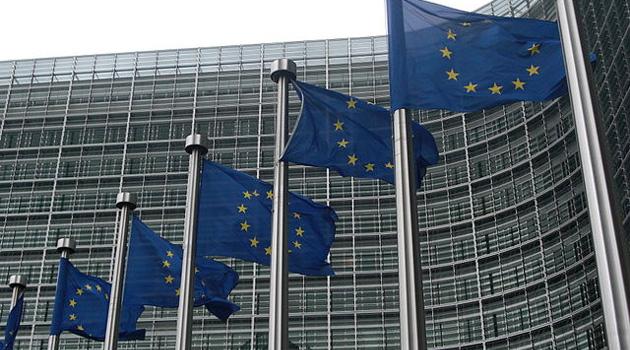EU approves refugee redistribution quotas, extraordinary summit says chaos must end

On 22 September the interior ministers of the EU-28 cast a majority vote to approve quotas for redistribution of refugees among EU countries. Czech Interior Minister Milan Chovanec tweeted that those opposed were the Czech Republic, Hungary, Romania and Slovakia, while Finland abstained.
Poland ultimately did not vote against the proposal, unlike its fellow Visegrad Group (V4) members. Warsaw in recent days had seemed to share the opinion of the other V4 countries that mandatory quotas are not the solution to the current migration crisis.
The European Commission’s original proposal counted on redistributing 120 000 Eritreans, Iraqis and Syrians now in the three EU countries most afflicted by the migration influx, namely, Greece, Hungary and Italy. Budapest then announced that it does not have a problem with migrants now.
According to diplomatic sources, the Luxembourg Presidency of the EU presented a compromise option to the summit assuming that the redistribution would therefore only concern the 66 000 refugees located in Greece and Italy, while 54 000 places originally reserved for persons now in Hungary would be held in reserve for next year. The exact form of the quota system approved is not yet known.
"We will soon see that the Emperor has no clothes. Common sense lost today," Chovanec tweeted about the vote.
Slovak PM Fico: We will sue
Slovakia will be suing at the Court of Justice against the EU decision to redistribute refugees on a quota basis. Slovak Prime Minister Robert Fico announced the move to journalists yesterday.
"Slovakia does not intend to respect mandatory quotas. We will sue at the court in Luxembourg," Fico said after a cabinet session on the EU decision.
Fico went on to say that Slovakia will deliberately fail to comply with the decision on quotas and expects the matter to be subjected to an infringement procedure. Bratislava has long opposed redistributing asylum-seekers EU-wide on the basis of mandatory quotas.
The Slovak PM says migrants usually do not want to remain in Slovakia and that their aim is usually to reach economically more advanced countries like France or Germany. The Czech Republc also criticized the quoats, although Czech PM Bohuslav Sobotka said yesterday that he does not want to sue over the quotas and increase tensions within the EU.
Summit: EU will send a billion for refugees and tighten border protections
The extraordinary EU summit on migration agreed late last night to significant financial aid for refugees who are still in the Middle East. Donald Tusk, who chaired the meeting of Presidents and Prime Ministers, told journalists after the summit that the aid would be delivered through the United Nations High Commissioner for Refugees and the World Food Program and that at least one billion euro has been allocated.
Tusk said that by the end of November "hotspots" will begin operating in Greece and Italy, centers where asylum-seekers will be able to be rapidly identified and registered. He also announced that EU leaders had agreed to beef up their aid to Jordan, Lebanon, Turkey and other countries in the Middle East.
The aid increase will depend on enhanced collaboration between those states and the EU on resolving the migration crisis. The Presidents and Prime Ministers of the EU countries, according to Tusk, all agree that "the current chaos must end".
"The administrative control and management of our external border is our common responsibility," Tusk said. He went on to say that it would be incorrect to leave all of the burden just on Greece and Italy.
The summit, therefore, has offered all possible aid to those countries, including collaboration on the "hotspots". "The measures approved today will not end the crisis, but all of them are necessary steps in the right direction," Tusk said.